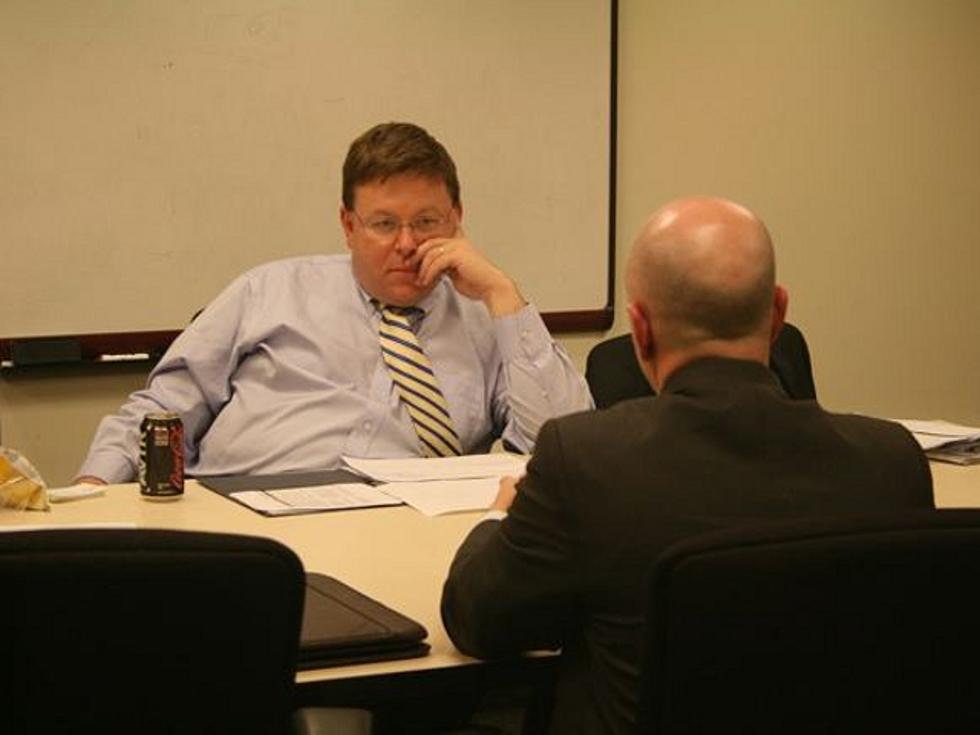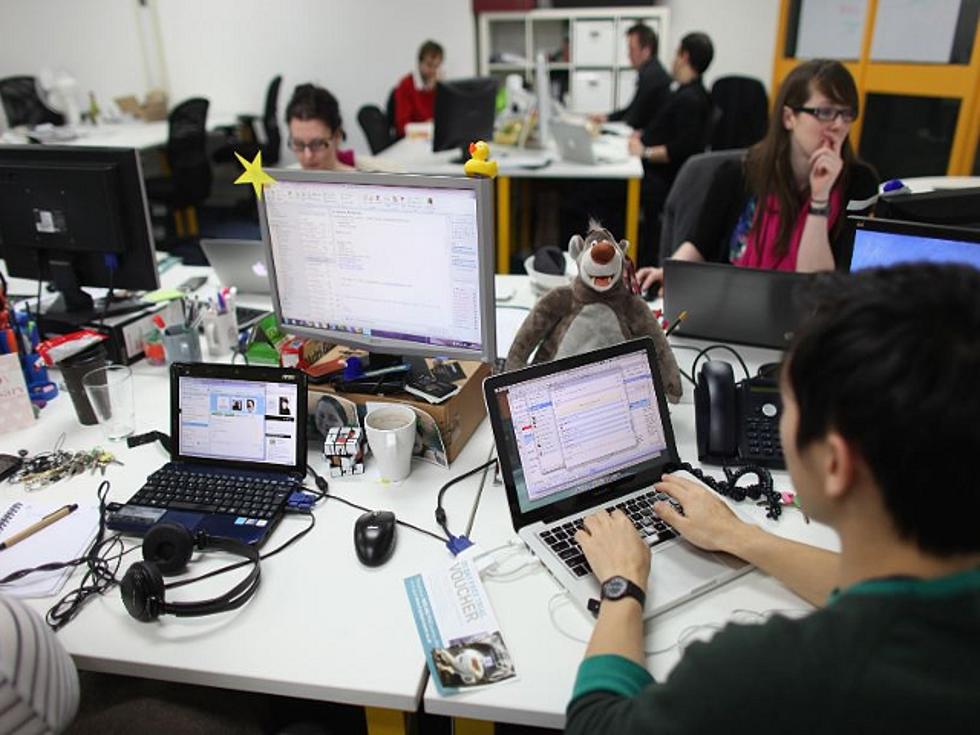
Your Personality Is Defined By The First Thing You Do When You Get Home
This might be dangerous territory we're getting into but I'm willing to take the risk. When you get home at the end of the day and walk through the door, what's the first thing you do? That thing determines your personality. I'd act like I do something other than change into comfy clothes but it would be a lie. Yoga pants for me (no yoga, mind you). In fact, I'm wearing this today. Classy, right?



